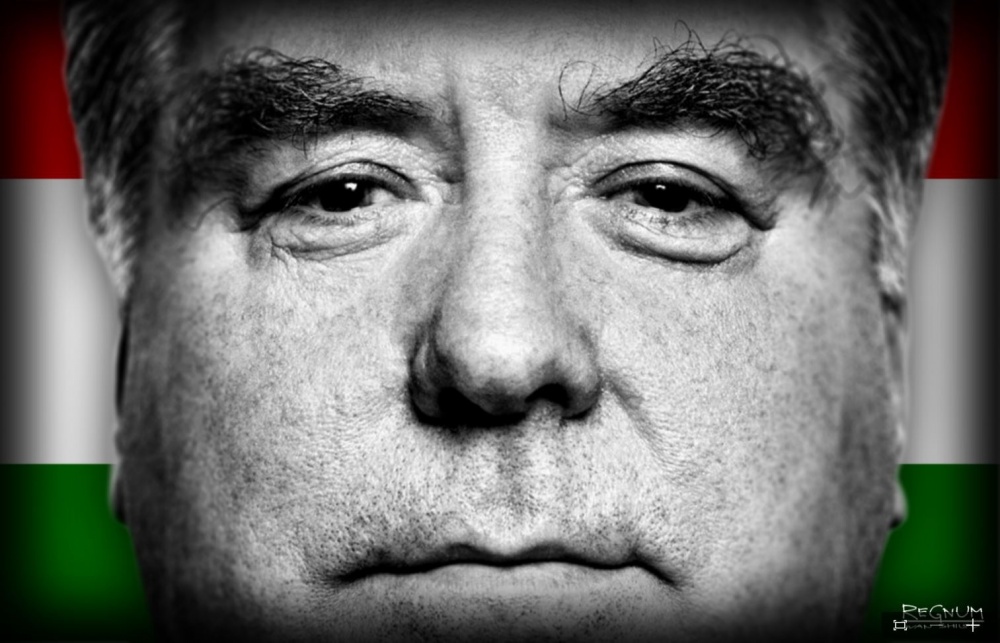On August 5, 2015, the United Nations High Commissioner for Human Rights expressed concern about the state of freedom of expression and human rights in Tajikistan. The focus of the criticism was the new “Law on Public Associations,” which allows for the closure of the majority of the 2,500 NGOs (non-governmental organizations) still operating in Tajikistan.
This law particularly affects NGOs working in the education sector, depriving them of the right to receive foreign funding. This legislative move is in keeping with the long-standing desire of Tajik non-Sovietists (self-proclaimed “Jurchiks” during the civil war in the 1990s) to isolate Islamic education in the country from the broader Islamic ummah and bring it under full state control.
In recent years, former Soviet countries have followed Moscow’s lead in tightening regulations. Tajikistan’s “Law on Public Associations” mirrors Russia’s law on “undesirable organizations.” Similarly, Ukraine’s Yanukovych attempted to pass such laws on January 16, 2015, on the advice of Russian “experts,” which ultimately led to a revolution.
Although there are no signs yet of an imminent revolution in Tajikistan, the “screws are tightening” just as Yanukovych attempted in Ukraine. On March 5, 2015, one of Tajikistan’s opposition leaders, Umarali Kuvvatov, was assassinated in Istanbul, leaving little doubt as to who was behind the murder. In addition to efforts to restrict or outright control NGOs, the main opposition party, the Islamic Renaissance Party of Tajikistan, is being systematically dismantled. Its leader, Muhiddin Kabiri, was forced to leave the country, and remaining members are being pressured to record videos renouncing the party and calling for its dissolution. These developments point to difficult times ahead.

